In this yearly penultimate episode of The Full Nerd, Brad Chacos, Alaina Yee, Adam Patrick Murray, and Will Smith came ready to brawl. Picking the best PC hardware of the year is no easy task, especially in a year that proved momentous for the future of computing.
Heck, we couldn’t even agree on a shared of definition of what “best” means – you know it when you see it — but each participant brought his or her own picks for the best PC hardware and trends of 2023 before we all hashed out a single winner in each category. Sometimes it was painful. It was always fun. But considering how long it took to pick winners, it’s probably best that we streamlined categories a bit this year.
Note that this list is separate from PCWorld’s wider best PC hardware and software of 2024 and best work from home tech of 2024; The Nerdies (as well call ‘em) are the opinion of our Full Nerd crew only. Check out the full episode below and a brief description of winners afterwards if you want the results without all of The Full Nerd gang’s furious, passionate debate.
If you want to see podcasts like this in real time (live viewers broke some ties in our votes here!), be sure to subscribe to our Full Nerd channel on YouTube – we separated it from PCWorld’s main YouTube channel a couple months back. Baby’s all grown up!
The categories we crowned this year are as follows:
- Best CPU
- Best GPU
- Best PC accessory
- Best trend
- Worst trend
Best CPU: AMD Ryzen 7 9800X3D
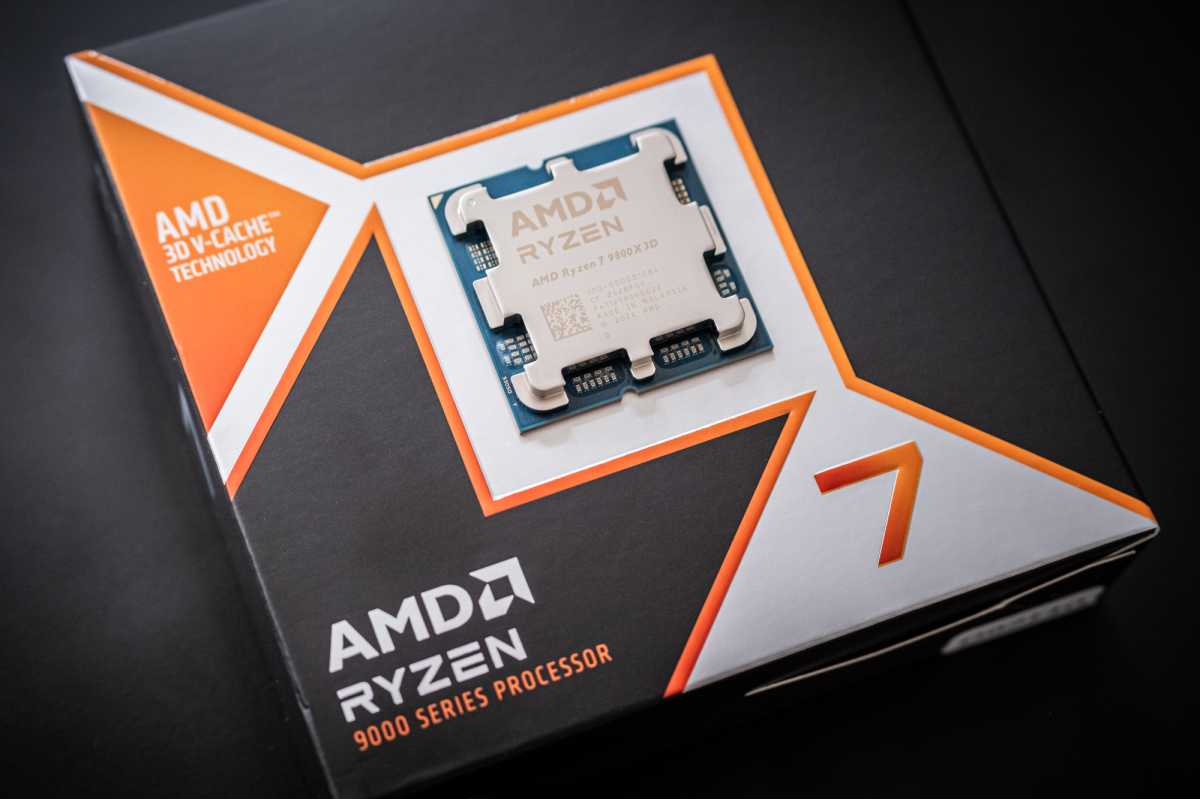
Adam Patrick Murray / Foundry
In a year full of disappointing CPU launches, one diamond shined. The Ryzen 7 9800X3D managed to rise above a messy wider Ryzen 9000 launch to deliver clear best-in-class gaming performance that absolutely smashes Intel’s rival Core Ultra Series 2 chips, which took a frustrating step backwards in raw oomph this generation.
Even better than that, the Ryzen 7 9800X3D’s reconfigured second-gen V-Cache technology (the special sauce in the acclaimed gaming line) completely eradicated drawbacks found in previous X3D processors. You don’t give up any clock speed with the 9800X3D, so creative apps no longer suffer from a performance hit, and you can even overclock it – a first for the series. Bravo, AMD.
Intel deserves a separate shout-out for the all-around appeal of its ultra-long-lasting Lunar Lake laptop chips, but this is Full Nerd – so AMD’s gaming titan gets our nod.
Best GPU: Intel Arc B580
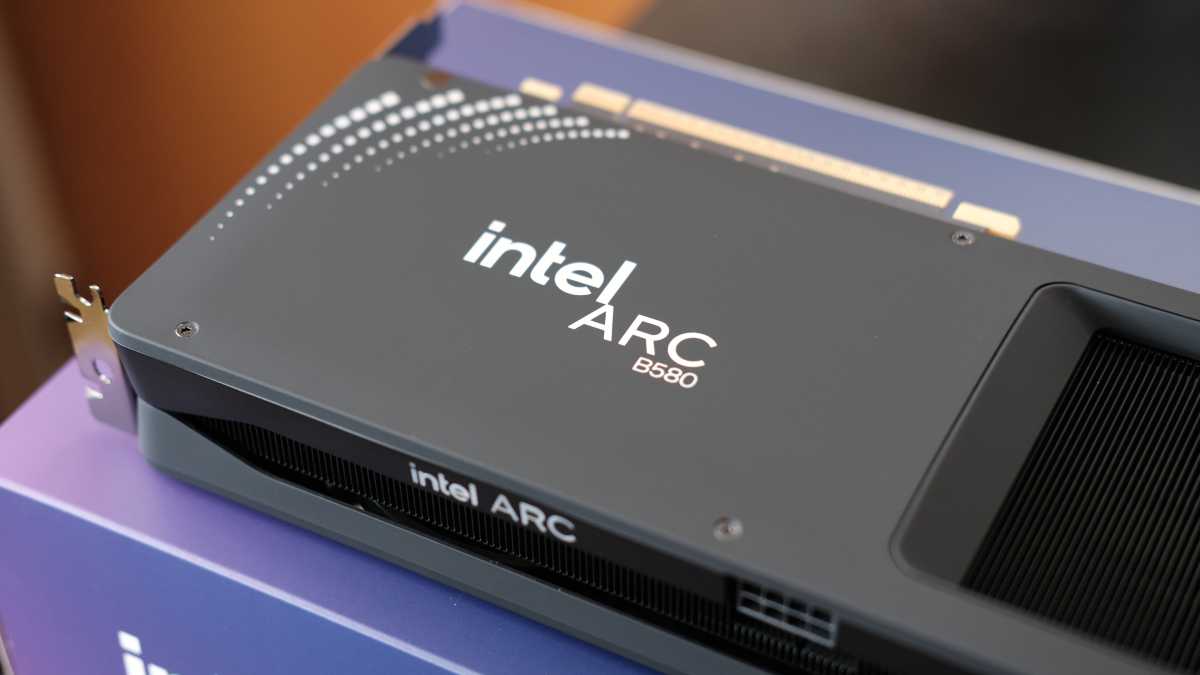
Adam Patrick Murray / Foundry
Intel’s debut Arc A-series GPUs offered value, but the driver situation for Chipzilla’s first-gen graphics cards left a lot to be desired. Rather than shrug, Intel’s engineers rolled up their sleeves and unleashed new drivers at a blistering pace in recent memory, largely eliminating bugs, performance quirks, and other show-stopping worries through sheer hard work.
It helped the first-gen Arcs, duh, but the software improvements really shine in the Arc B580 – the graphics card debuting Intel’s overhauled Xe2 next-gen architecture. This is the graphics card we’ve been begging for since the pandemic: Not only does the $249 Arc B580 offer modern ray tracing and features, it also includes an ample 12GB of memory attached to a wide bus, making it a truly great graphics card for 1080p and 1440p gaming alike, in a decade where Nvidia and AMD have designed their mainstream GPUs to work best for 1080p alone.
We haven’t seen a $250 graphics card this compelling this decade – you’d need to go all the way back to the halcyon days of the GTX 1060 and Radeon RX 480 to find a budget GPU with a value proposition this strong. In a weak year for graphics cards, Intel’s surprisingly great Arc B580 stands out.
Best accessory: Stream Deck ecosystem
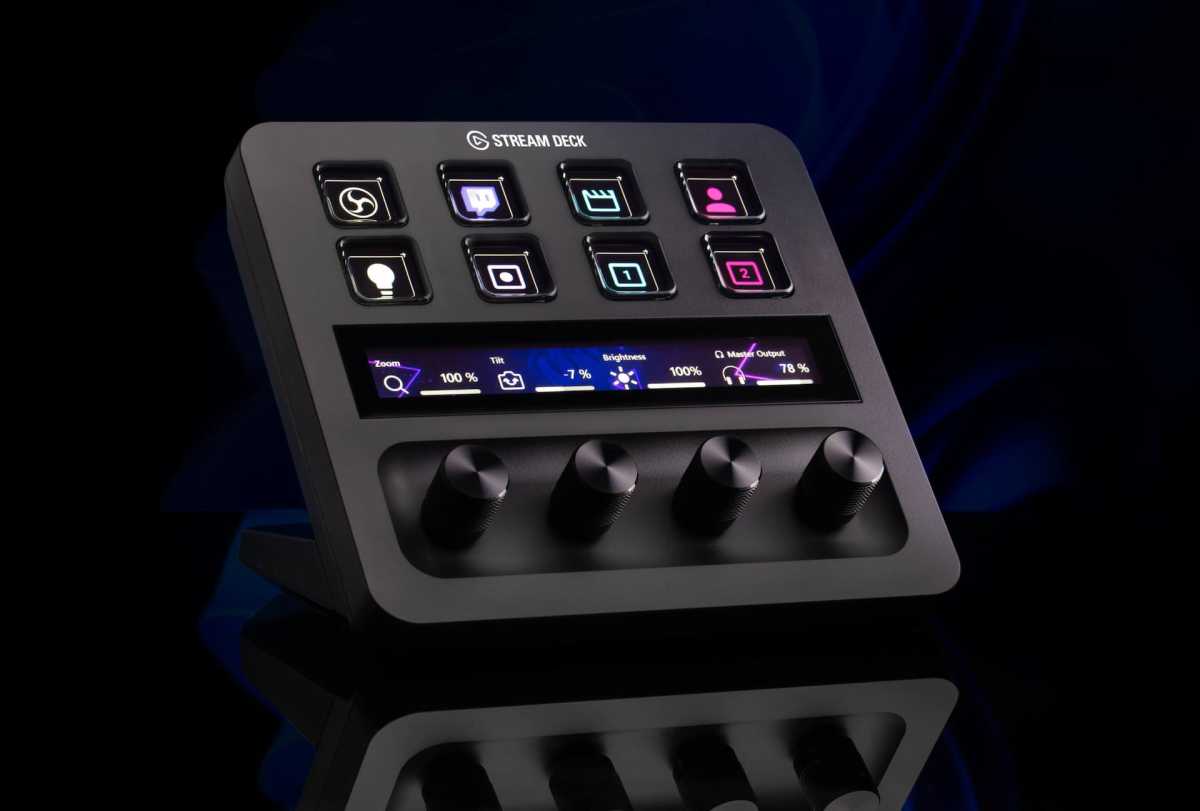
Elgato/Corsair
No, not the Steam Deck – Elgato’s Stream Deck, which has been a mainstay for content creators since long before Valve’s handheld debuted. But it’s Elgato’s continued support of the entire Deck ecosystem that earned our admiration this year.
You can find (or create) custom Stream Deck setups for everything these days, from Photoshop to OBS to even controlling the smart lights in your home. And Elgato has kept the hardware relevant with expansions (like an XLR add-on and teleprompter) and new form factors (want a mini- or maxi-sized Stream Deck? They’ve got that!) over time.
But “the real reason it’s good is the community has embraced it, and there’s a buttload of plugins now, for almost everything you can imagine,” as Will so eloquently put it. And the Stream Deck will intelligently switch between your configurations depending on the software you’re actively using. And yes, it’s valuable for a lot more than streaming these days – I’d say it could be useful to anybody who uses their PC for serious work or serious play.
To quote Will once again “I can’t overstate how indispensable it is.”
Best trend: CPU and GPU competition
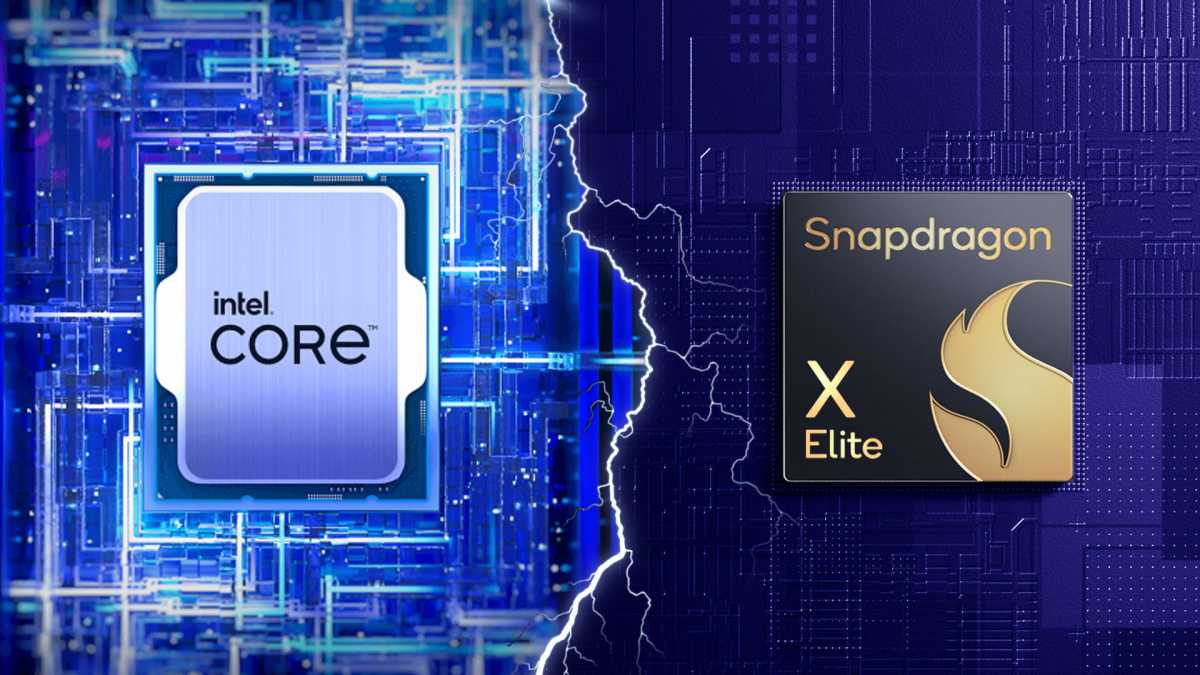
Intel/Qualcomm
This was a tight race between PCs and laptops finally embracing efficiency, and the rise of third contenders in the CPU and GPU space. In the end, however, we have to cheer it from the rooftops yet again: Yay competition!
After years of poor software performance, Qualcomm finally emerged as a true threat with its Snapdragon X Elite chips, which brought incredible battery life and full-fledged to laptops while serving as the vanguard for Microsoft’s Copilot+ PC initiative. They still have niggling issues with some legacy desktop programs, but the most-used apps largely have embraced Arm and the combination of multi-day endurance and a powerful NPU changes what’s possible in future laptops – even if Intel’s Lunar Lake managed to strike back shortly after.
On the GPU side, Intel’s second-gen Arc B580 delivered the first worthy budget graphics card of the decade. Nvidia and AMD simply weren’t making mainstream GPUs this capable for years – so Intel targeted this segment for its debut second-gen card, and PC gamers on a budget finally have a compelling option available for under $400+.
You love to see it. Yay competition!
Worst trend: The enshittification of everything

Adult Swim
We try not to cuss too often here at PCWorld, but the term ‘enshittification’ has been making the rounds in recent years thanks to Corey Doctorow and Ed Zitron. It perfectly sums up our frustration with modern software and services. It’s only getting worse in the AI era as tech companies rush to justify spending billions upon billions to make AI a thing.
AI-generated Google searches told us to put glue in pizza. Facebook posts are full of fake comments and terrible summaries from Meta AI agents. Microsoft keeps filling up Windows with new ads and new bugs, over and over and over again, while pushing endless Copilot features on Windows and enterprise users alike. Twitter just… man, it’s definitely X now. Every new PC crams in AI features of dubious quality. ChatGPT still can’t count the number of Rs in ‘strawberry’ consistently. Apple Intelligence spits out notification summaries so bad (read: often false) it’s being complained about by the BBC. Everywhere you turn: AI AI AI AI AI AI AI AI AI AI AI AI AI AI AI AI AI AI AI AI AI AI.
Silicon Valley’s ‘growth mindset’ is in full swing now and it sucks. Hopefully the focus returns to, you know, actually providing products that customers enjoy in 2025 rather than treating people as the products themselves – but don’t get your hopes up.
https://www.pcworld.com/article/2561404/the-full-nerd-awards-our-favorite-pc-hardware-of-2024.html
Accedi per aggiungere un commento
Altri post in questo gruppo

President Trump said Thursday that he plans to raise the tariff on im
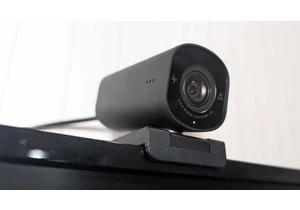
Ages ago, coworkers asked why I covered my laptop’s webcam. Then they
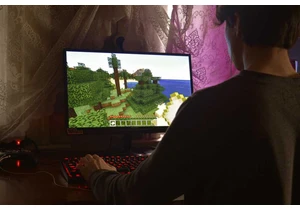
Razer has teamed up with Microsoft’s Minecraft for a lineup

Market researcher IDC has lowered its forecasts for worldwide PC sale
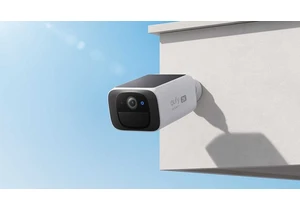
The best type of security camera is one that can be installed in mere

Despite the trend in shrinking PC sizes, larger desktop towers with A
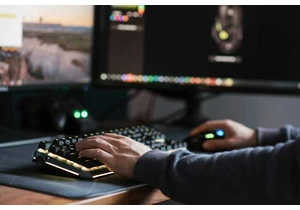
No doubt you use your mouse’s scroll wheel to scroll up and down in b
